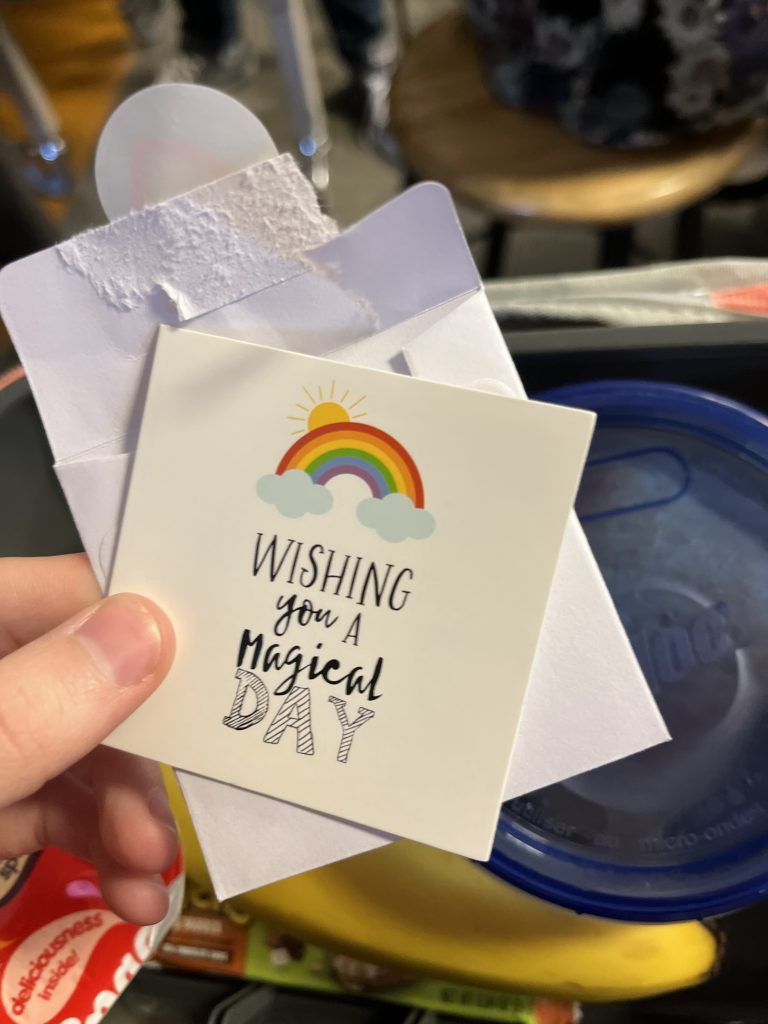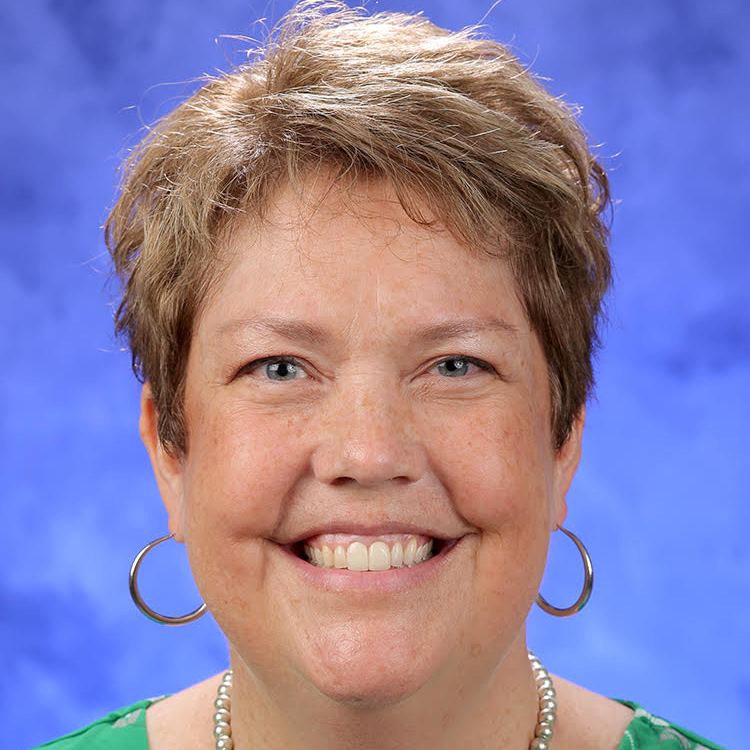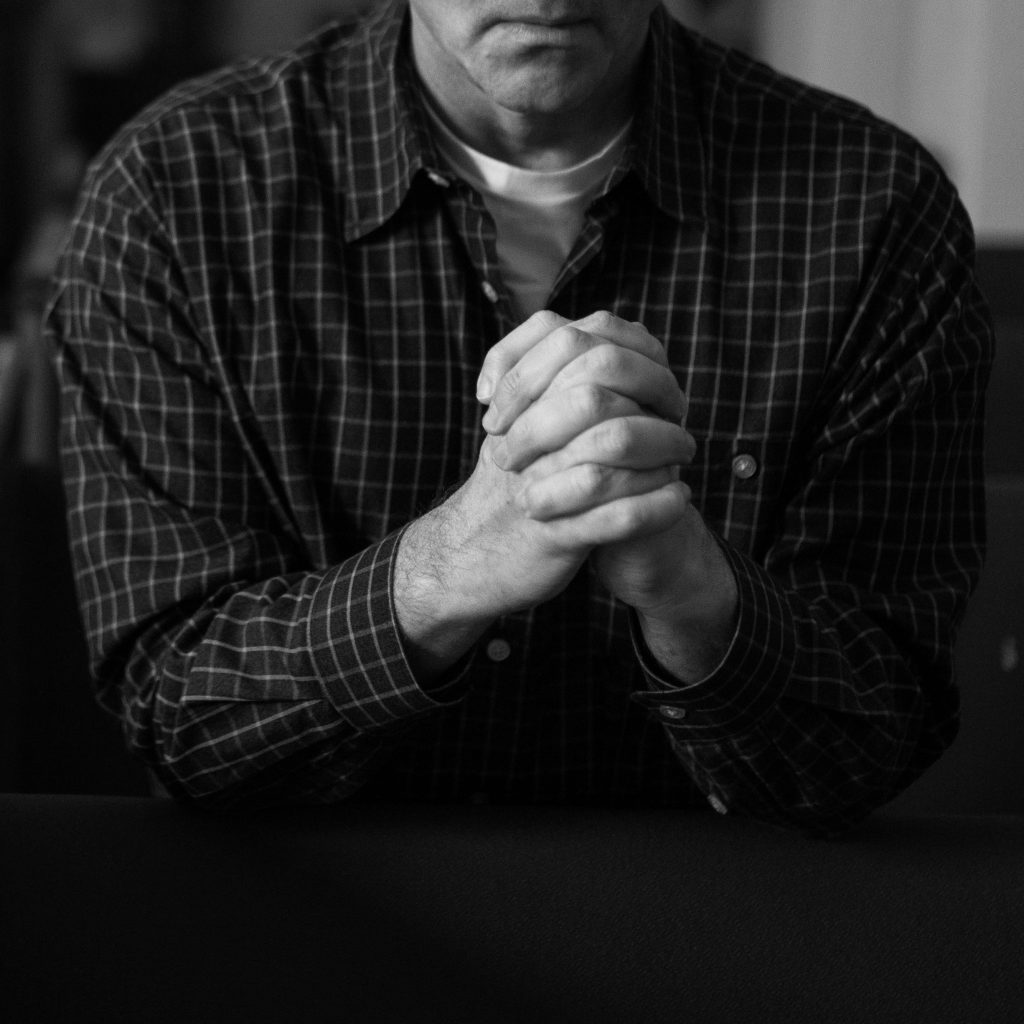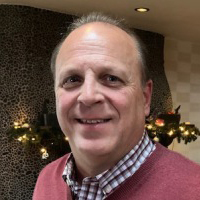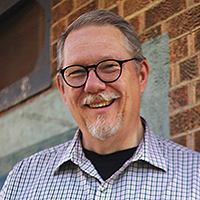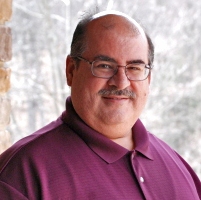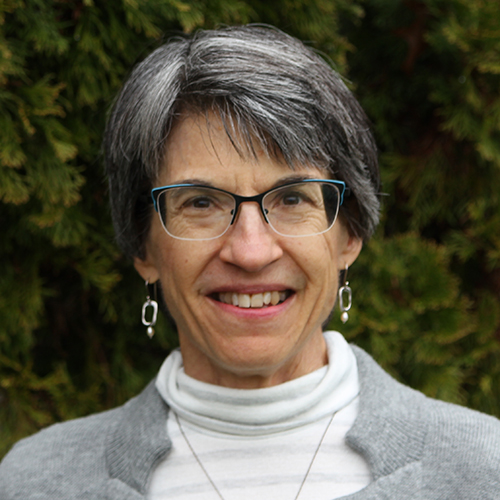by Josh Meyer
Franconia Mennonite Church recently engaged in a month-long series on prayer. We spent four weeks considering the purpose, posture, power, and practice of prayer. It was a rich and meaningful time, marked by biblical teaching and practical application. I was reminded once again that prayer is much more than bringing to God my list of wants, desires, and needs. It is a radical act of worship that reminds me who I am, who God is, and what life is all about.
In short, prayer is surrender.
Prayer is a radical act of worship that reminds me who I am, who God is, and what life is all about.

[1] Prayer is surrender to the reality that there is someone more ultimate than you.
It’s natural for each of us to shrink our field of hopes, dreams, and daily concerns down to the small turf of our personal wants, needs, and feelings. Prayer is surrender to the worldview of the first four words of the Bible, “In the beginning, God…,” and as such, it reminds us of our rightful place.
[2] Prayer is surrender to the reality that you need help.
Prayer means humbly confessing that we are not autonomous, self-sufficient beings. We were not designed to live independent, detached lives. Prayer reminds us that we cannot be what we were made to be or do what we have been called to do without the personal, gracious, and continuous intervention of the One who made us.
[3] Prayer is surrender to the reality that there is wisdom greater than yours.
Prayer confronts us with the fact that we are not as smart as we tend to think we are. There is so much we don’t know or understand. Prayer reminds us that life is not found in our limited understanding, but in surrendering our lives to the care of the One whose understanding spans from before origin to beyond destiny and includes everything in between.
[4] Prayer is surrender of your right to live as you choose.
Prayer is bowing our knee to the reality that there is a limit to our personal freedom. This chafes against the rugged individualism of our culture. Yet Scripture reminds us that while “it is for freedom that Christ has set [us] free,” we are not to use our freedom primarily to indulge our own desires; instead, we’re called to use our freedom to serve others in love (Gal 5:1, 13-14). Prayer reminds us to consider not only our own interests, but also the interests of others (Phil 2:4).

[5] Prayer is surrender of your hopes to God’s grace.
Prayer is remembering that there is no hope in life and death that does not result from the grace of God. In prayer, we give up our hope in the self and place our hope in Christ.
May you experience the Presence of Christ in a particularly deep and meaningful way as you surrender yourself in prayer.
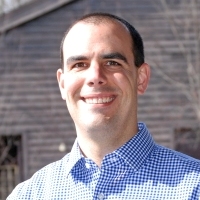
Josh Meyer
Josh Meyer is a Conference Leadership Minister and the pastor of Discipling and Preaching at Franconia Mennonite Church.


